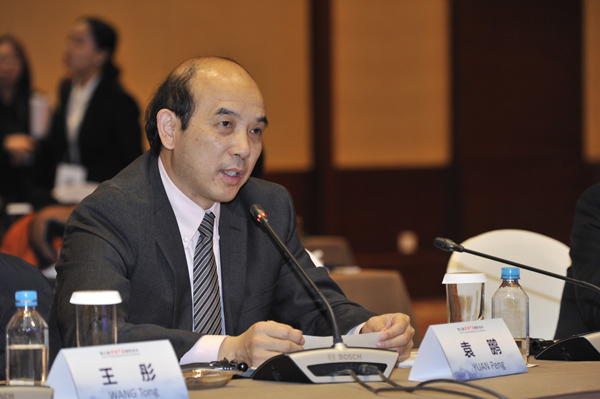
"When we say that China-Russia relations are 'not an alliance, but better than an alliance,' we don't mean that the two are allied per se, but rather that political mutual trust between them is growing far more than it was during the Sino-Soviet alliance" - Yu Hongjun
1/6
1/6

30 years ago, on December 25, 1991, Mikhail Gorbachev announced his resignation, signaling the beginning of the Soviet Union's demise. To mark the occasion, Guancha sat down with Eastern Europe scholar Yu Hongjun.
2/
2/
Yu is a former Chinese ambassador to Uzbekistan and Vice President of the Chinese People's Association for Peace and Disarmament. They discuss how the events of three decades ago have shaped Russian leadership today, as well as the development of the former Soviet republics.
3/
3/
They also discuss how China avoided the "shock therapy" that devastated the Soviet Union and instead developed a successful socialist model, as well as the future of socialism and communism. Quick excerpt:
4/
4/
"While we want to strengthen our strategic cooperative partnership with Russia, we also want to see stable Sino-US relations and encourage them to return to a healthy development path; that is in both sides' interests and in line with global expectations.
5/
5/
"China is a non-confrontational country that does not participate in bloc politics. We advocate and pursue a new era of multilateralism in diplomacy."
6/6
Link: guancha.cn/YuHongjun/2022…
6/6
Link: guancha.cn/YuHongjun/2022…
• • •
Missing some Tweet in this thread? You can try to
force a refresh









